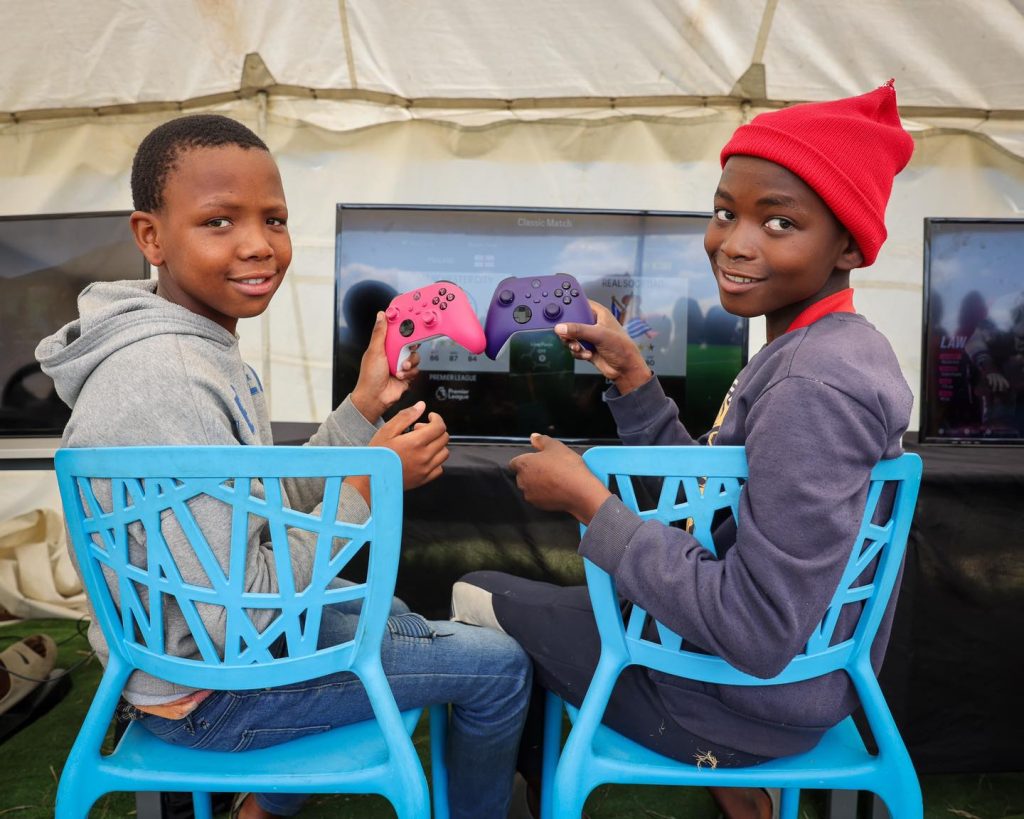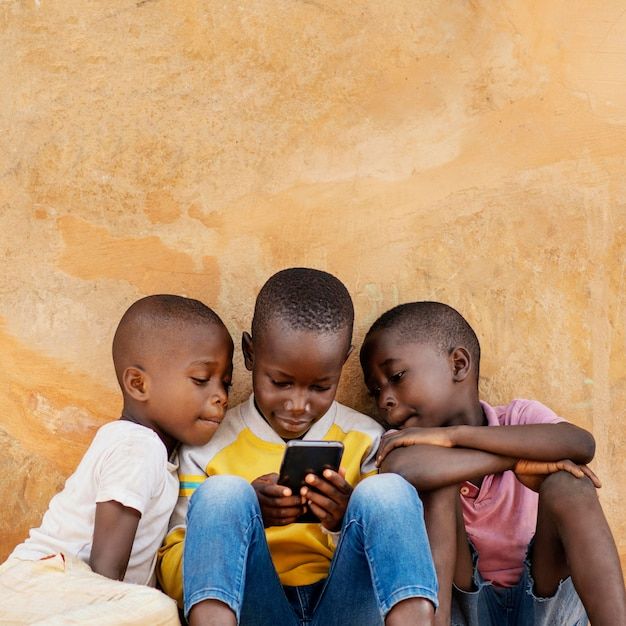Each year on June 16th, South Africa commemorates Youth Day, a powerful reminder of the 1976 student uprisings that reshaped the country’s sociopolitical landscape. But as we honour the past, we are also called to engage the present with intentionality. In a rapidly evolving digital and economic climate, the idea of “empowering youth” must move beyond vague ideals and into bold, intersectional, and targeted action. At Ilitha Telecomms, we believe that meaningful impact lies not in broad promises, but in practical, well-structured initiatives that meet young people where they are, particularly in underserved and underrepresented communities.

Our current youth development work is channelled through strategic collaborations in the dynamic world of esports, an ecosystem that is not only redefining global entertainment but also offering new career paths in tech, media, and innovation. A cornerstone of Ilitha Gaming’s youth development approach is our partnership with Kasi Flare, a township-focused esports movement that began in one locality and has burgeoned into over 25 hubs nationwide.
As the only Kasi Flare hub in the Eastern Cape, Ilitha Gaming plays a pivotal role in extending this reach into under-resourced communities. Kasi Flare’s mission is to provide township gamers with platforms to showcase their skills, compete professionally, and build esports careers. Kasi Flare’s mission echoes our own mandate to strengthen digital access and nurture talent in regions long overlooked. The organisation’s vision to “bring esports to South Africa’s townships, create opportunities for local talent, and empower communities through gaming” is realised through our two centers, which offer Eastern Cape youth unprecedented access to infrastructure, mentorship, and exposure.

Research underscores the importance of such grassroots initiatives. A recent analysis of Kasi Flare’s 2025 tournament season highlights its transformative impact enabling township gamers not only to access competition platforms, but to establish support networks and professional visibility that reshape local cultural norms around career pathways. By anchoring Kasi Flare here at Ilitha Gaming, we facilitate pipeline development and esports as a gateway to digital skills, community cohesion, and career readiness. Together, we’re growing the future of South Africa – one game at a time.

Why Targeted Intersectional Programming Matters
Intersectional methodologies examining how race, gender, geography, and socioeconomic status overlap and are essential to equitable youth development. Broad empowerment efforts can overlook structural barriers; targeted programmes like Kasi Flare and She Plays navigate those complexities. Through Kasi Flare, Ilitha Telecomms tackles geographic exclusion by bringing infrastructure and career pipelines directly into underserved townships, where opportunities in technology and esports are often limited or non-existent. Simultaneously, She Plays confronts gender inequality in the tech space by offering women-specific support, mentorship, and visibility therefore creating pathways for young women to thrive in a male-dominated industry. The success of both programmes lies in their scale and cultural relevance: by being deeply embedded within local communities, these hubs deliver programming that is not only accessible but also attuned to the lived experiences and aspirations of the youth they serve.
The Responsibility of Now
Intersectionality is a critical analytic framework that helps us understand how power operates through the convergence of race, class, gender, geography, and other social categories. Within the context of technology and telecommunications, this framework reveals how systemic inequalities are often embedded in access to infrastructure, education, and opportunity. At Ilitha Telecomms, we acknowledge that economic development divorced from social inclusion simply reproduces exclusion in new forms.

Our work in esports is intentionally designed to move beyond symbolic gestures toward structural transformation. It is not enough to speak of empowering youth in general terms; we must ask which youth, in what contexts, and through what mechanisms of support and disruption. Youth Day, then, is not just a ritual of remembrance; it is a critical diagnostic moment. It asks whether we are willing to confront the systems that marginalise some while benefiting others and whether our interventions are scalable, sustainable, and socially just.
Through sustained investment in intersectional, community-rooted initiatives, Ilitha Telecomms affirms that real change happens through infrastructure, equity, and intent. We are not merely gesturing toward a better future, we are constructing it: deliberately, collaboratively, and one young person at a time




